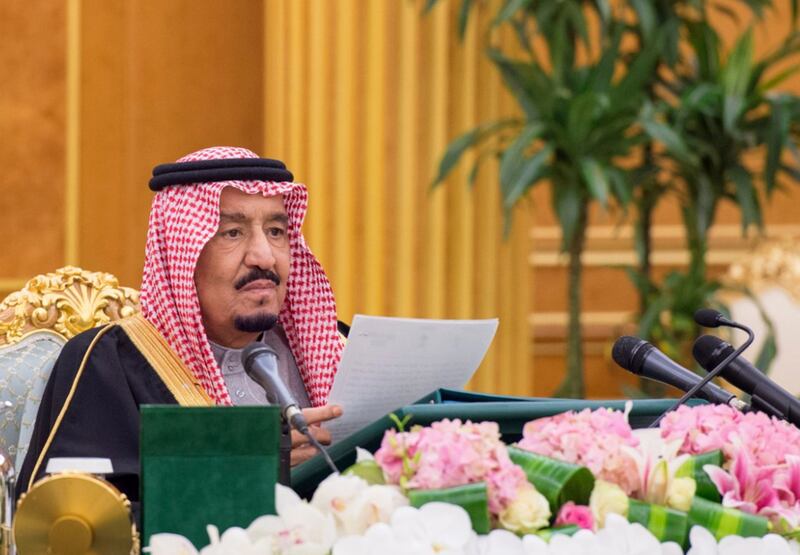Saudi Arabia has announced that it will increase its fuel prices in line with other GCC countries amid an extended dip in oil revenues. The kingdom will increase the price of petrol by two-thirds to 0.75 riyals (Dh 0.73) a litre from 0.45 riyals (Dh 0.44) for 91-octane. The rise is part of a basket of measures that includes higher domestic power and water tariffs and trimmed government spending.
This cut in subsidies brings Saudi Arabia in line with most of its neighbours. The UAE ended fuel price controls, along with water and electricity subsidies in Abu Dhabi, this year. Bahrain has just approved cuts to diesel and kerosene subsidies. However, there are some key differences in Riyadh’s announcement.
The price of fuel has traditionally been low in the kingdom, with many seeing it as a natural part of living in the world’s largest producer of oil. Many other major petroleum-producing countries acted similarly. Venezuela, for example, subsidises petrol so heavily that it cost around 7 fils a litre. This is far below the true cost and is clearly unsustainable.
Raising the cost of fuel, however incrementally, will allow Saudi Arabia to create a valuable source of revenue it needs for expenditures in 2016 and beyond. With this new revenue stream in place, the kingdom will establish a reliable income that is not directly tied to the ups and downs of global commodity prices.
This petrol price increase is part of a societal shift, laying the groundwork for a time when income from hydrocarbons isn’t the primary driver of the Saudi economy. There are, of course, short-term economic benefits that will be detectable in 2016, but the long-term psychological effects will pay greater dividends.
What follows these announcements is extremely important. Saudi Arabia is preparing itself for a post-oil future and facing the immediate effects of the recent downturn in oil prices with prudent steps. This is the start of a process that will inevitably include more announcements and changes. The kingdom ought to be applauded for having taken the first step.





